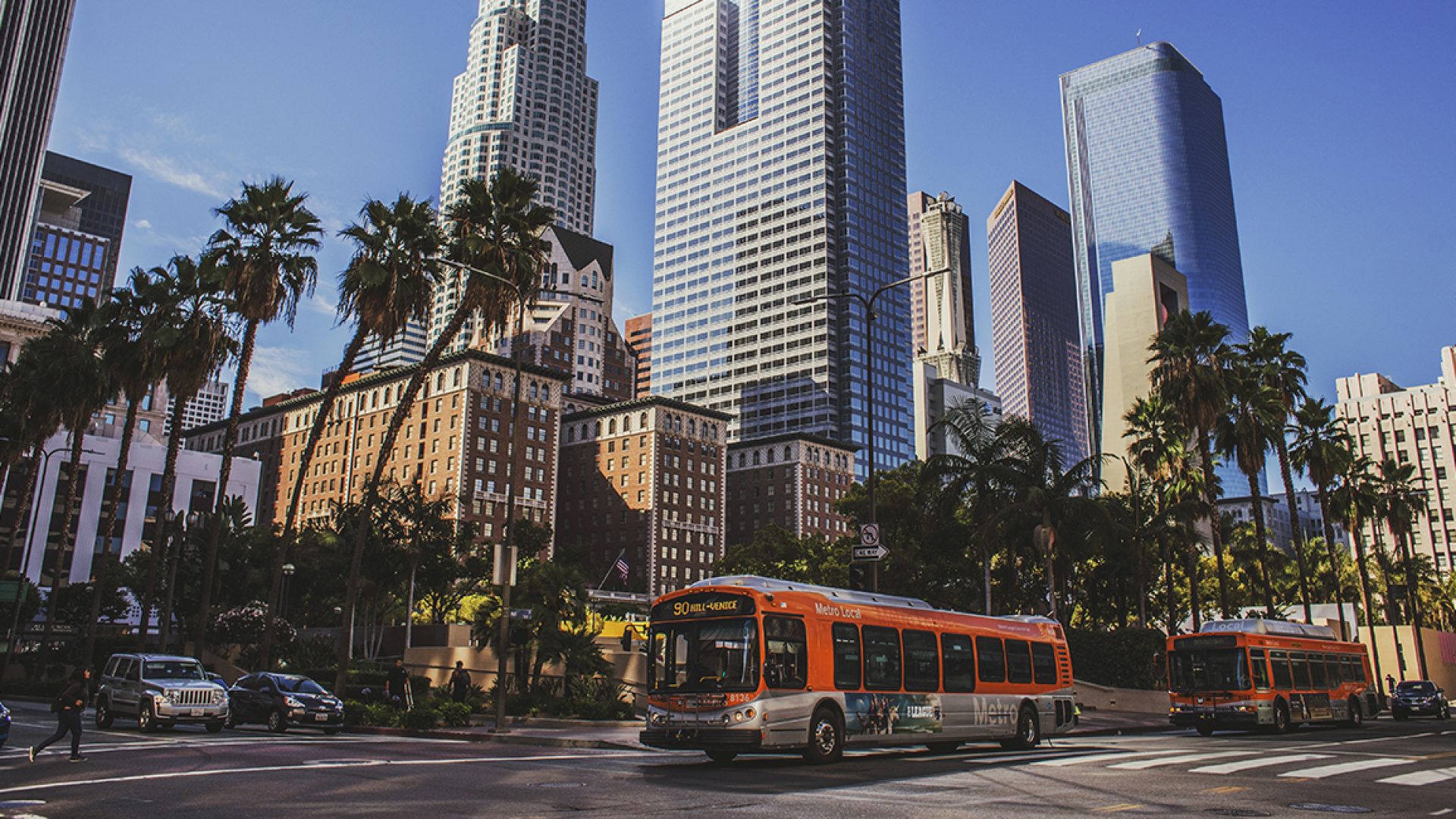A new study from the International Journal of Environmental Research and Public Health suggests that urban living – with good accessibility to public transportation – could actually help reduce the risk of depression by increasing opportunities to have an active social life. This article from Eric Jaffe of CityLab highlights some of the findings from the study.
To call the city a stressful place is to undersell the ceaseless assault waged on your sanity by the urban environment. That persistent strain can take the form of something as simple as traffic delays that chip away at your patience to something as complex as an increased risk for schizophrenia. City intensity is so potentially distressing that, over time, human brains have adapted by filtering out the lesser annoyances that aren’t quite worth a worry.
Of course, it’s not all bad downtown. Urban trees and parks have a profoundly beneficial impact on our attention spans and general mental health. And a new study suggests two other regular elements of city life that might do the mind some good as well, particularly for older populations: access to public transportation, and dense surroundings.
Here’s the upshot, via the International Journal of Environmental Research and Public Health:
“Therefore, this research suggests that good accessibility to public transport, as well as a dense urban structure (versus sprawl), could contribute to reduced risk of depression, especially for women and elderly, by increasing opportunities to move around and have an active social life.”
For the study, a group of Italy-based researchers gathered long-term data on Turin residents. In addition to basic demographics (such as education and job status) and social factors (such as crime rates), they looked at five characteristics of the local built environment: developmental density, land use mixture, public and green space, cultural facilities, and transit access. They also gathered information on antidepressant prescriptions, as a measure of mental health.
Of the environmental factors, density and transit access proved “protective” of mental health, especially for women (of all ages) and older people (age 50 to 64). These populations were prescribed fewer antidepressant drugs when they lived in places reached more quickly by bus or train, in places with taller average building heights, compared with counterparts in more remote or sparse areas.




